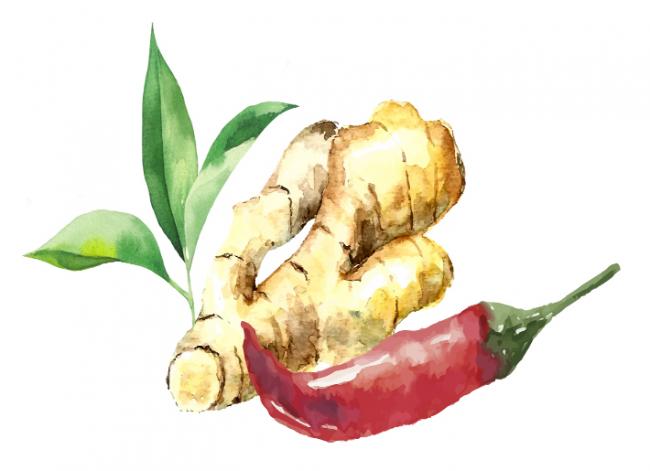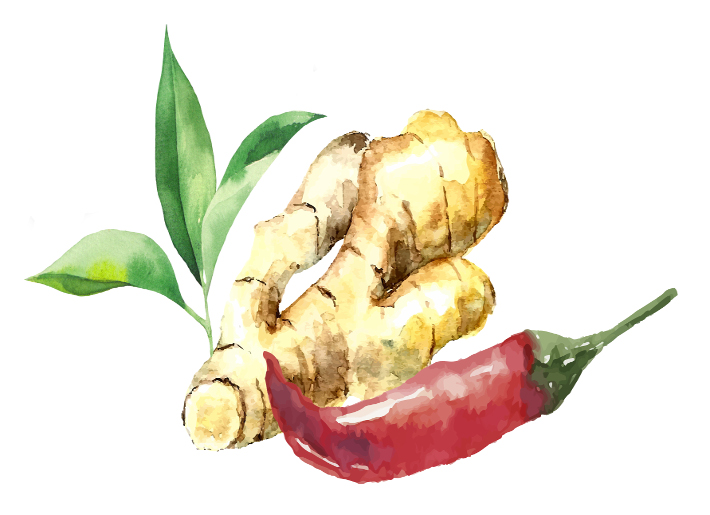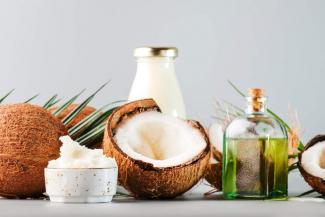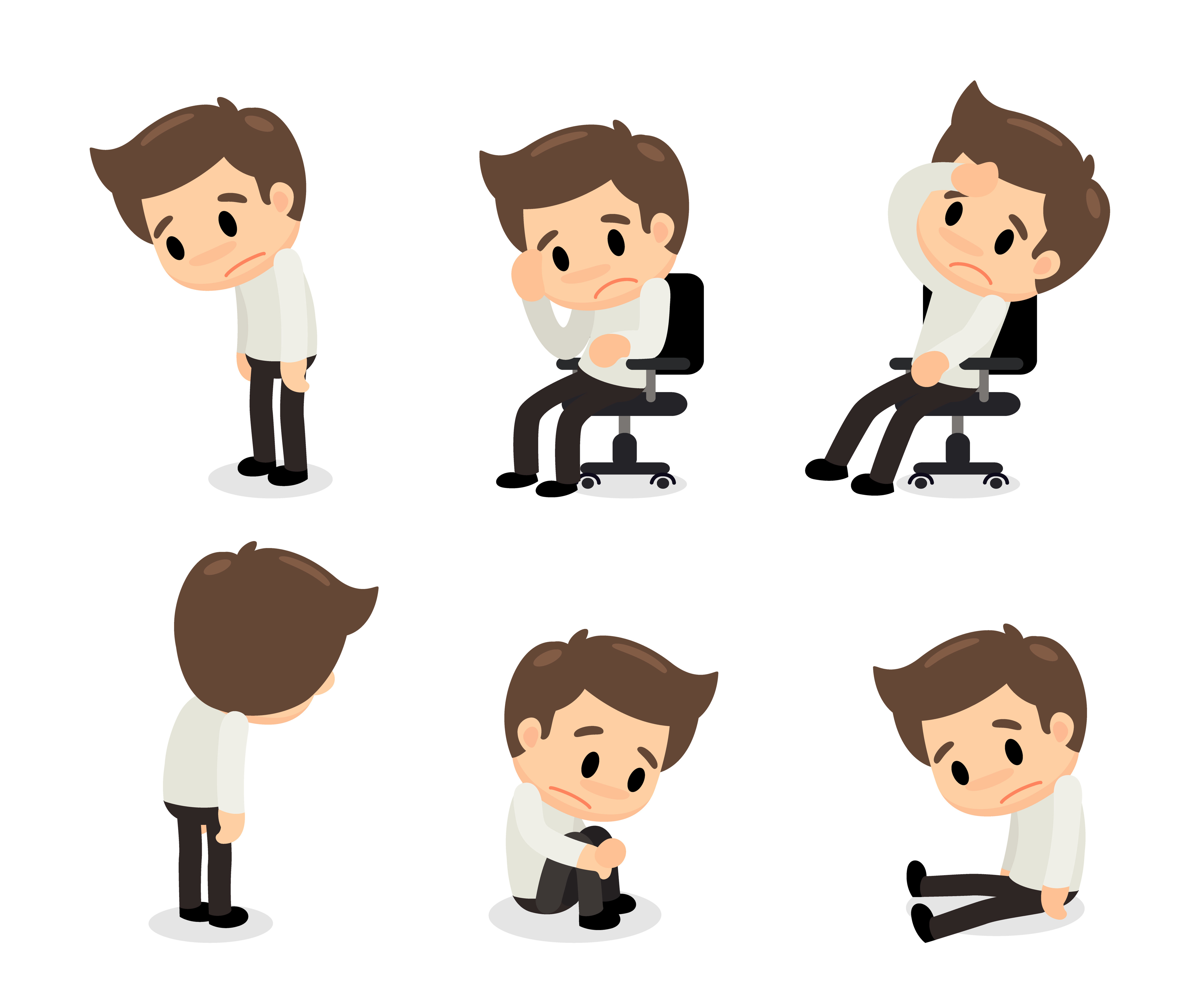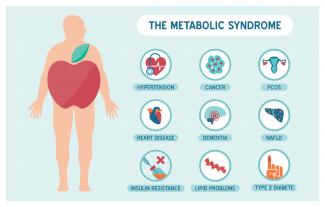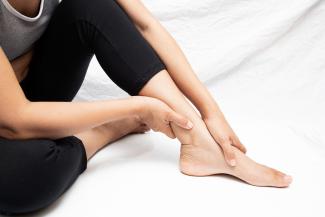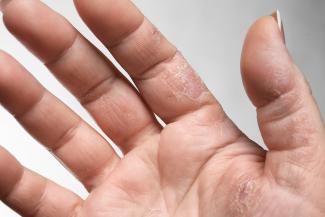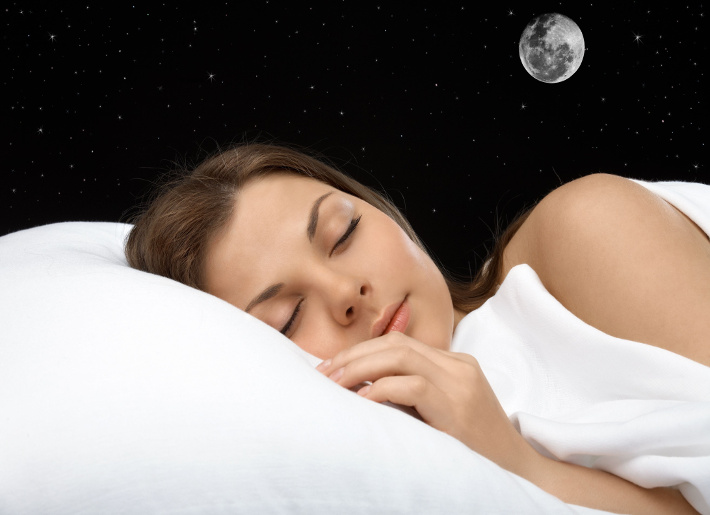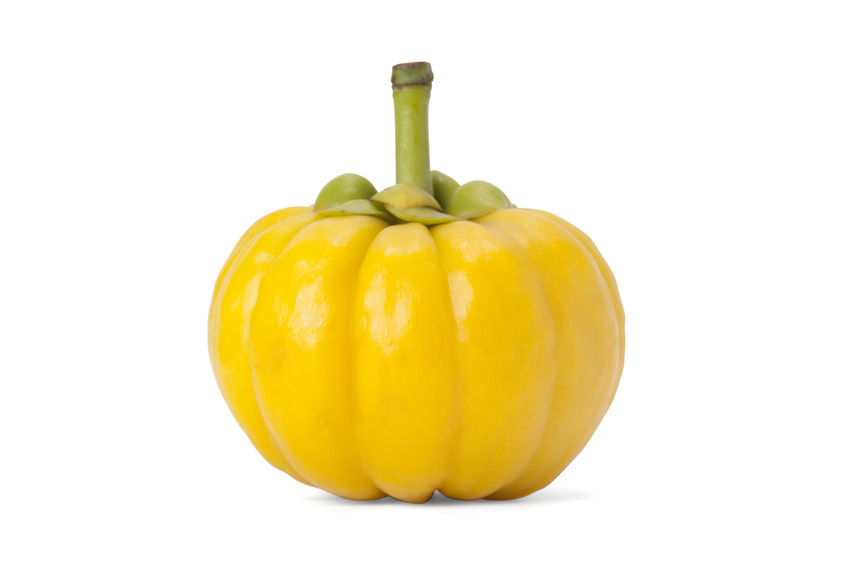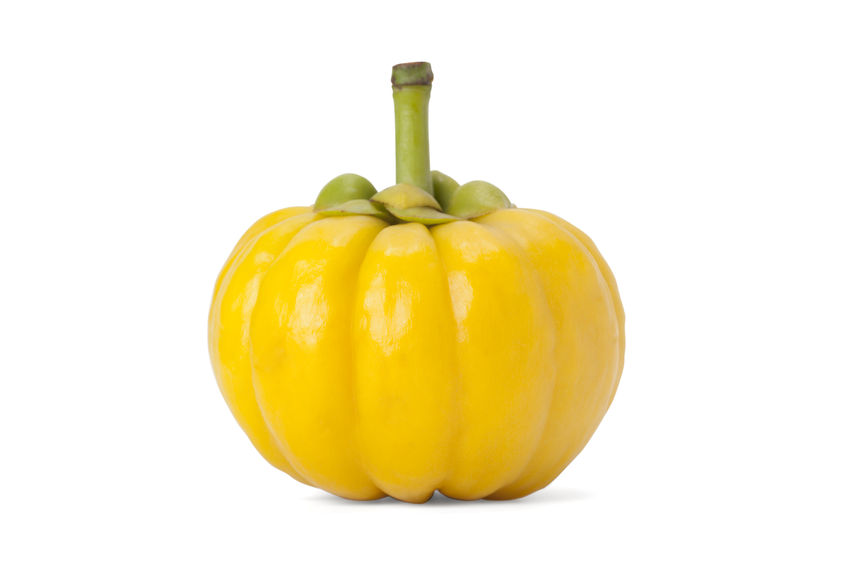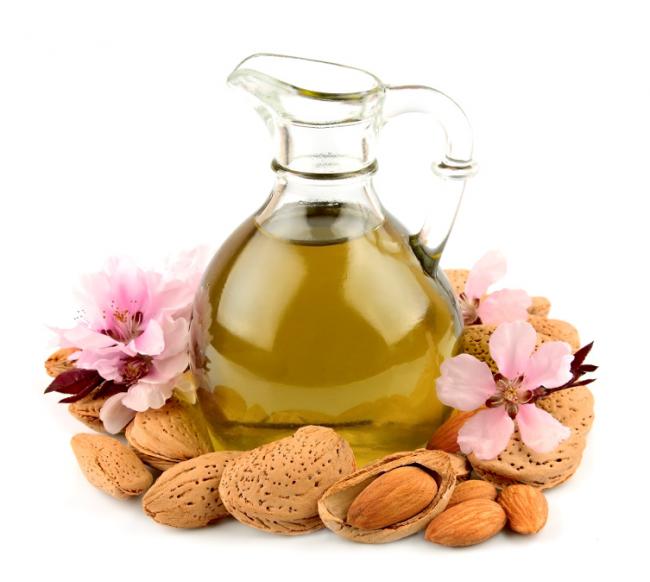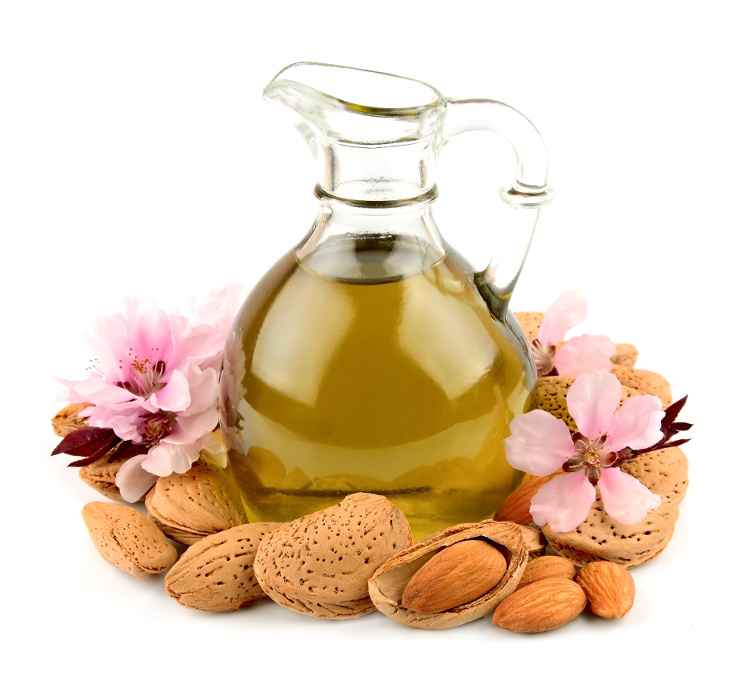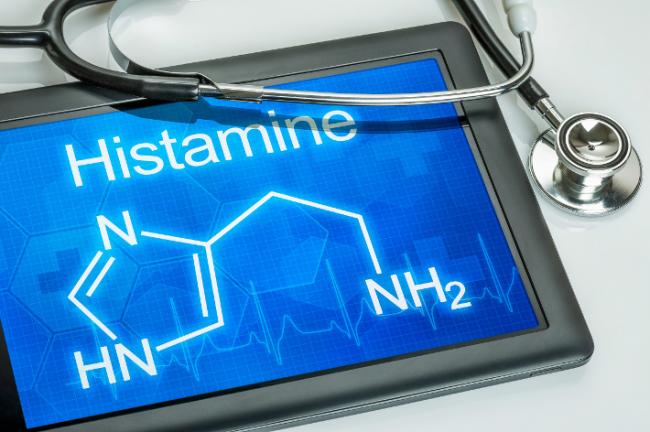Nutritional and Herbal Medicine for Anxiety Disorders Naturopathic Approaches
https://drkaitlynzornnd.wixsite.com/naturopath
Anxiety is a very common mental health disorder, and can have implications on all aspects of one's life. This may come from a variety of factors such as finances, relationships, health and more. Anxiety lends itself well to natural treatments such as herbal medicine, supplements and lifestyle modification.
Symptoms of anxiety are [1]:
- excessive worrying
- sleep disturbances (insomnia)
- muscle tension (neck/shoulders)
- headaches
- fatigue
- shortness of breath, palpitations
- difficulty concentrating
- gastrointestinal and other psychosomatic complaints
Anxiety can be classified into different subcategories, being: Generalized Anxiety Disorder, Social Anxiety and Panic Disorder. First line treatments for anxiety are antidepressants such as selective

serotonin re-uptake inhibitors (SSRIs) [1]. Others may be Benzodiazepines, SNRIs (Norephinephrine) or Tricyclic antidepressants. Depression is a very common comorbidity as well.
It is important to properly diagnose anxiety, as there are numerous other conditions with the same symptoms. These conditions may be, but are not limited to [1]:
- Hyperthyroidism and Hypothyroidism
- Substance abuse
- Cushing's Disease
- Pheochromocytoma
- Depression
- Schizophrenia
- Cardiac arrhythmias
- Respiratory disorders
- Post traumatic stress disorder
ANXIETY CAUSES
From a clinical naturopathic perspective, anxiety can also arise in cases of sub optimal thyroid function (subclinical or sublaboratory), hormone imbalances, chronic pain/fibromyalgia, blood sugar imbalances, vitamin deficiencies and others.
Psychological
Psychologically, anxiety may arise from adverse child events such as traumas, or altered thinking patterns that have arose over time. The anxiety may be in a broad sense, as seen in generalized anxiety disorder, or towards certain situations (ex. Social, performance). A more severe type of anxiety is panic disorder, where the individual feels that their life is at risk from their symptoms.
Inflammatory
It has come more to medical attention that systemic inflammation may be a contributing factor to mental health conditions such as anxiety. This inflammation, either a low-grade chronic type or due to an inflammatory condition (ex. Inflammatory bowel disease, Rheumatoid arthritis often have anxiety and depression as a coexisting condition.
To go along with this theory of mental illness is also the fact that anti-inflammatory herbs such as curcumin have shown benefit for mental health concerns.
Endocrine
Certain imbalances in the endocrine system, such as hormonal, thyroid and adrenal conditions can be a cause of anxiety.
Its been medically documented and seen clinically that hormonal fluctuations such as low progesterone, estrogen dominance or low estrogen (menopause) can present with anxiety.This is seen has a hallmark symptom in premenstrual syndrome (PMS).
Clinically, hypothalamic pituitary adrenal dysfunction (HPA), or “adrenal fatigue” and thyroid dysfunctions may also have anxiety as a symptom.
Nutritional
Its been documented in the research and clinically that having deficiencies in certain macronutrients (protein, healthy fats), along with micronutrients (B vitamins, magnesium and iron) may also produce symptoms of anxiety. Gut health has been shown to do the same, though the interaction of the gut microbiome with brain functioning.
HERBAL MEDICINE
Certain herbs such as Passionflower, Valerian, Lemon balm, Skullcap, Chamomile and Kava Kava have been researched for anxiety.
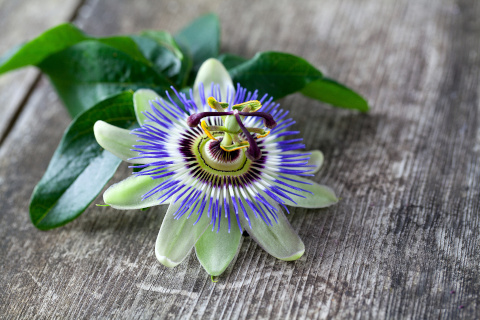
Passionflower and Kava Kava
A study using 45 drops/day of Passionflower versus a benzodiazepine(oxazepam 30 mg/day) led to lowered anxiety in patients with GAD [2] . There were no significant differences between groups, and the passionflower group reported having less impairment of job tasks related to cognitive performance. Passionflower is an anxiolytic, sedative and analgesic -which may be helpful in cases where insomnia is present with anxiety [3]. Kava kava has shown amelioration of different types of anxiety, and traditional use in various cultures. However, it is important to note the potential for liver toxicity – yet this is at higher doses up to 400 mg/day.
Lemon Balm
Melissa officinals (Lemon Balm), is considered a nervous system tonic, carminative, sedative, antidepressant and antispasmodic [3]. Due to these qualities, it is also helpful in cases of anxiety that involve digestive distress such as Irritable bowel syndrome (IBS). It is known that IBS commonly has a mental health correlation through the gut-brain connection. Other properties are antithyroid. This antithyroid quality would be helpful in anxiety related to hyperthyroidism. In this case – lemon balm, along with Lycopus and Leonorus are good herbal adjuncts.
Lavendar
Both internal supplement form of lavendar along with the aromatherapy essential oil have been shown to help reduce anxiety symptoms. A study showed that a 6 week intake of oral lavendar preparation (Silexan 80 mg/day) compared to 0.5 mg/d of lorazepam reduced anxiety comparably [4].
There have also been various studies looking at the use of lavendar essential oil in hospital care settings, in which anxiety and stress have been reduced pre-surgery, and in neurological patient units. Lavendar aromatherapy has been helpful for women with postpartum depression as well, showing a significant improvement on the Generalized Anxiety Scale [5].
Lavendar and other essential oils are thought to have a rapid impact on the brain due to their physiological effects of volatile compounds (linalool and linalyl acetate). Inhaled lavendar is able to restructure the amgydala and hippocampus through limbic system activation and increasing GABAergic neurotransmission [6]. GABA is an inhibitory neurotransmitter, promoting calming effects centrally.
ADAPTOGENS
Adaptogenic herbs are helpful anxiety management tools since anxiety may also be from endocrine imbalances such as adrenal fatigue or suboptimal thyroid function.
Withania somnifera (Ashwaganda) is a nervous system tonic, an adaptogen, anti-inflammatory and a sedative [3].
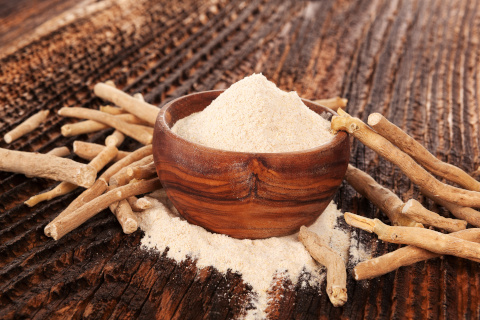
The adaptogen quality in Withania makes it helpful in cases of anxiety due to adrenal or thyroid insufficiency.
There have been several studies reviewing the anti-stress and anti-anxiety properties of Withania. One study found that Withania had an anti-anxiety effect comparable to psychotherapy . Withania use showed a reduction in anxiety scores on the Beck Anxiety Inventory (BAI) by 56.5%, compared to psychotherapy which only had a reduction of 30.5% (p<0.0001) [7]. Other sources show similar affects, and significant reductions on the Hamilton Anxiety Rating Scale (HAM-A) and reductions in a morning cortisol at a daily dose of 240mg of standardized ashwaganda extract[8]. The anti-anxiety and anti-stress effects are due to plant compounds in Withania such as alkaloids, steroidal lactones (withanolides) and saponins.
Panax species (Ginseng and Quinquefolium) are adaptogens, and nervous system relaxant/tonic. The steroidal saponins inhibit the re-uptake of glutamate and serotonin, balanced by ginsenosides that are more of a CNS depressant [9].
However, it should be noted that Panax Ginseng may be too stimulating for some individuals. In this case, Quinquefolium or Siberian Ginseng (Eleutherococcus) should be used. Human trials are lacking, as these are mostly animal studies.
DIET AND FOOD SENSITIVITIES
There have been links of anxiety and people with mood disorders in those that have poor quality diets low in fruits and vegetables but high in processed sugar and fats [10]. Research has also shown that high sugar diets negatively affect dopamine response in the pleasure centre of the brain. This explains how mood imbalances such as anxiety and depression can fuel a negative feedback loop of “pleasure-seeking”. Sugar and processed carbs will give an initial surge of endorphins, however over time this will actually down-regulate this area of the brain – leading to more anxiety and depression.
An often overlooked dietary intervention for mental health management is to increase protein. Protein-rich foods are high in B vitamins that help support healthy neurotransmitter production. Along with B vitamin support from protein, are the blood sugar stabilizing effects of protein . This is important for anxious individuals who likely are causing issues with blood sugar imbalances from diets high in carbohydrates. In addition to incorporating more dietary protein, would be including other blood-sugar stabilizing foods high in healthy fats and whole grain carbohydrates.
Foods rich in proteins and B vitamins are [11]: lean animal products (eggs, chicken, turkey, cheese), legumes and nuts/seeds.
Along the lines of inflammation, research also suggests that reducing food sensitivities may also positively impact anxiety symptoms. Similar to probiotics, gut health related to inflammation from food sensitivities can also have an impact on anxiety and mental health. A study of food sensitivities and irritable bowel syndrome, showed a reduction in anxiety scores by eliminating individual sensitivities [12]. There have also been correlations between psychosomatic reactions in those with food reactions (ex. Behavioural and mood changes, especially in children).
Common food sensitivities are: dairy, wheat, soy, eggs, sugar, caffeine, alcohol, citrus fruits and nightshade vegetables (bell peppers, eggplant, mushrooms, tomatos, paprika and cayenne pepper, and white potatos).
SUPPLEMENTS
Omega 3 Fatty Acids
Observational studies have found a correlation between lower omega-3 (n-3) fatty acids and higher omega-6 (n-6) levels with inflammation and depression. Human trials have found a reduction in both inflammation levels (interleukin 6) and reduced anxiety symptoms.
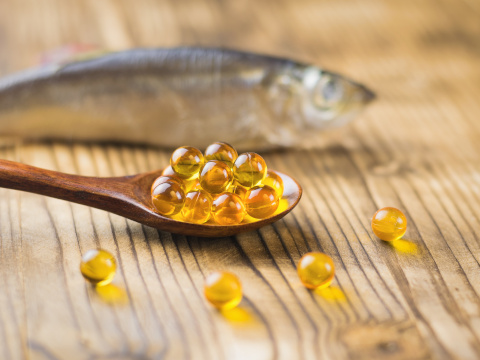
A study of 1200mg/day EPA and 600 mg/day DHA vs. Placebo did improve anxiety scores at 52 weeks, although not statistically significant [13]. The combination of vitamin D and omega-3 fatty acids may also be a helpful anxiety management tool. This was seen in women with polycystic ovarian syndrome. The dose given was 2000mg/day of omega-3 fatty acids and 50, 000 IU vitamin D every 2 weeks (which is equivalent to around 4000 IU of Vitamin D daily) which led to significant differences in both depression and anxiety inventories [14]. The ratio of EPA:DHA fatty acids should be at least a 2:1 ratio to offer a benefit to mental health, and greater than 1 g of fish oils total per day.
Probiotics
The gut-brain axis has been given much attention in the past years, providing an area of complementary mental health support. Specific probiotic strains have been shown to reduce anxiety in animal studies but the same result in human trials have been mixed. Lactobacillus (L.) rhamnosus species has been focused on in particular. Some research has shown that probiotics offer a positive effect on emotional processing in women and improved self-reported mood in healthy adults experiencing negative effect [15]. These psychotropic effects are from the bidirectional neural, metabolic and immune pathway of the gut-brain axis. Another example of this relationship is the fact that anxiety disorders may arise after a gastro-intestinal pathogen infection, which has been seen in animal studies as well. Certain microbiome strains can either promote mental distress and inflammation, or promote the production of the calming brain chemical GABA.
Other Supplements
Other notable supplements are B vitamins, particularly Vitamin B6, Magnesium, Multivitamins, GABA and L-Theanine. A multivitamin may be useful in individuals with poor diet. Research shows 60mg of Vitamin B6 and 200 mg of Magnesium to be effective,especially in cases where anxiety is premenstrually related[9].
Conclusion
Various supplements, dietary interventions and herbal remedies have shown to be effective therapies to both treat and manage anxiety. The use of these treatments combined with psychotherapy, exercise and other mind body therapies provide comprehensive approach to anxiety disorders.
REFERENCES:
- Anxiety Disorders. Mayo Clinic. Retrieved from: https://www.mayoclinic.org/diseases-conditions/anxiety/symptoms-causes/syc-20350961 on June 6th, 2020.
- Akhondzadeh S et al). Passionflower in the Treatment of Generalized Anxiety: A Pilot Double-Blind Randomized Controlled Trial with Oxazepam. J Clin Pharm Ther, 2001. 26(5), 363-7.
- The Naturopathic Herbalist.Retrieved on January 14th, 2020 from: https://thenaturopathicherbalist.com/herbs
- Woelk H, Schlafke S. A Multi-Centre, Double-Blind, Randomised Study of the Lavender Oil Preparation Silexan in Comparison to Lorazepam for Generalized Anxiety Disorder. 2010.Phytomedicine. 17(2), 94-9.
- Conrad P, Cindy A. The Effects of Clinical Aromatherapy for Anxiety and Depression in the High Risk Postpartum Woman – A Pilot Study. Complement Ther Clin Pract. 2012. 18(3), 164-8.
- Koulivand P, Ghadiri M, Gorgi A. Lavender and the Nervous System. Evid Based Complement Alternat Med.
- Pratte, M. Et al. An Alternative Treatment for Anxiety: A Systematic Review of Human Trial Results Reported for the Ayruvedic Herb Ashwagandha (Withania somnifera). J Altern Complement Med, 2014. 20(12).
- Lopresti A, Smith S et al. An Investigation Into the Stress-Releiving and Pharmacological Actions of an Ashwagandha (Withania Somnifera) Extract: A Randomized, Double-Blind, Placebo-Controlled Study. Medicine (Baltimore). 2019. 98(37).
- Lakhan S, Vieira K. Nutritional and herbal supplements for anxiety and anxiety-related disorders: systematic review. Nutrition Journal. 2010. 9(42).
- Smith et al. Diet Quality in Persons With and Without Depressive and Anxiety Disorders. J Psychiatr Res. 2018. 106,1-7.
- McMulloch. 15 Healthy Foods High in B Vitamins. Healthline. Retrieved from: https://www.healthline.com/nutrition/vitamin-b-foods. 2018.
- Atkinson W, Sheldon T, Shaath N, Whorwell P. Food Elimination Based on IgG Antibodies in Irritable Bowel Syndrome: A Randomised Controlled Trial. 2004.
- Glaser, J et al.Omega-3 Supplementation Lowers Inflammation and Anxiety in Medical Students: A Randomized Controlled Trial. Brain Behav Immun. 2011.25(8)
- Jamilian M, et al. The Influences of Vitamin D and omega-3 Co-Supplementation on Clinical, Metabolic and Genetic Parameters in Women With Polcystic Ovary Syndrome. J Affect Disord. 2018. 238, 32-38.
- Reis D. The anxiolytic effect of probiotics: A systematic review and meta-analysis of the clinical and pre-clinical literature. PloS One.




